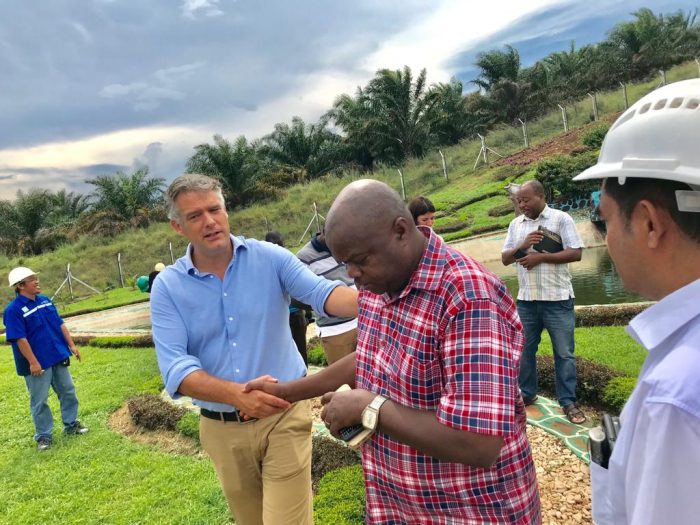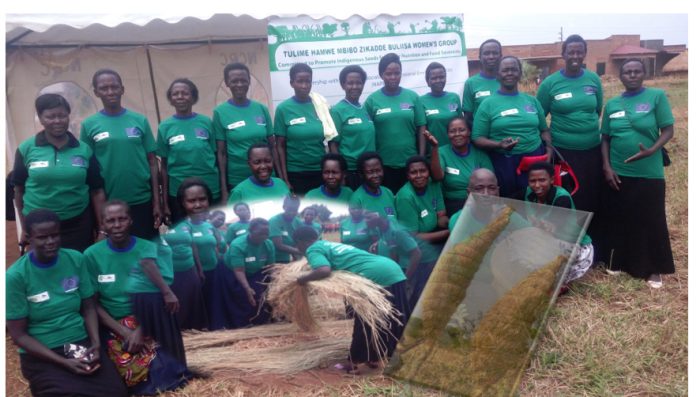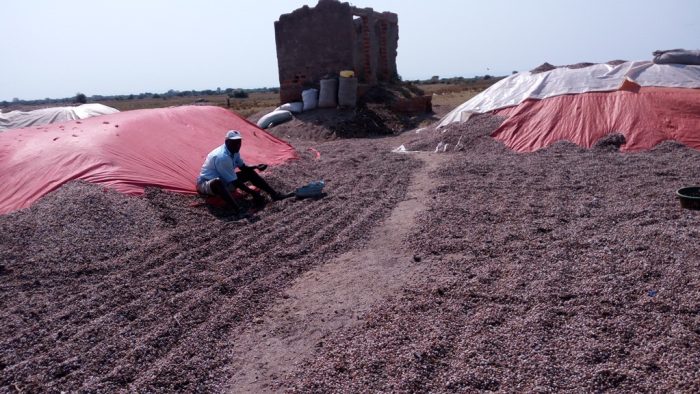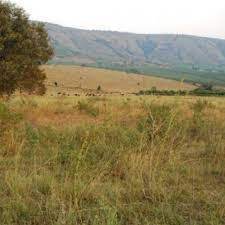Strengthening Community cultural governance systems to protect and defend community food,land and Natural heritage rights in Hoima and Buliisa Districts.
The Project target beneficiaries are communities in Hoima and Buliisa Districts in Bunyoro region in the Albertine geographical region.
During the colonial period some communities were evicted from their lands in order to create the Kabwoya Wildlife Reserve. The removed people then turned to fishing as their main livelihood activity as they no longer had access to their ancestral lands.
The protected areas of the Wildlife Park have now been reduced in order to grant concessions for oil exploration seriously affecting again these communities. Negotiations between the Ugandan Government and the oil companies took place without sufficient, informed consultation with the communities living in the affected region.
This has led to allegations of illegal evictions and human rights abuses contributing to a growing risk of violent conflict. Ugandan law recognizes customary land tenure where land is owned and disposed of in line with customary regulations, which vary according to ethnic groups and regions.
In Hoima and Buliisa the community customary governance systems have broken down to such an extent that they are not able to neither protect community interest nor deal with inter-community conflicts. The result of which is neglect and subsequent disregard of the communities right to access water, grow food and visit Sacred Natural Sites (SNS), which has led to conflict when the affected communities feel that they have no recourse to justice. The Bunyoro Kingdom, covering Buliisa and Hoima district, has customary responsibilities to the citizens within its Kingdom; however links between the Kingdom and the clans have also been disorganized,weakening the Kingdoms ability to advocate on behalf of the community in land and governance disputes.
To address this core problem of the lack of good governance and human rights protection, the overall objective is to strengthen the capacity of community cultural governance systems that protect the rights of indigenous communities in the oil-affected regions and reduce the risk of conflict.
Project Areas
- Land & Ecosystems,
- Food,
- Culture and Knowledge
Specifically, the Project will:
- Enable and empower indigenous communities in Buliisa and Hoima to strengthen their governance systems and exercise their rights over land, food systems and natural heritage.
This means, through dialogues and workshops, supporting communities to revive and enhance their traditional governance systems and raise the affected community`s awareness and knowledge of their rights as indigenous communities and their rights to access communal land, including customary mechanisms available if and when conflict arises. The communities will be empowered to articulate and advocate for recognition of these rights. - Build the capacity of the Bunyoro Kingdom in its engagement with government over governance of ecosystems and territories in Buliisa and Hoima.
Through meetings and awareness raising dialogue sessions, we will deliver activities that improve relations between the clans and the Bunyoro Kingdom whilst working with the Kingdom to improve its capacity to advocate on behalf of its citizens with the government. This will equip and enable the Kingdom to play an intermediary role between communities and other stakeholders in the oil-affected region.
The 3- year project is supported by the European Union and will run from 2016 to 2019
Improvement to the situation of the target groups and final beneficiaries
- First target group: 3 Communities of Buliisa,(kigwera,Buliisa town council and Ngwedo) Kabale and Kyabigambire in Hoima
Small scale farmers, who are predominantly women, are no longer able to access their traditional lands. They are most directly affected by any oil-development that is taking place in Hoima and Buliisa.
As a result of this Action, members of the communities will have a better understanding of their rights as indigenous communities, the customary basis and origins for these rights and be able to revive their customary governance systems that would protect them. The Action is intended to build a sense of shared identity, connection with their ancestral land and their cultural rights. The intention is to see the revival of indigenous knowledge and customary laws which will lead to the development of community constitutions and profiles that set out community governance systems, enabling the clans to apply for legal recognition, and campaign, advocate and set precedence on their terms. - Second target group: Sacred Natural Site (SNS) Custodians
SNS custodians used to access the clans’ traditional SNS to perform cultural rituals such as rain, food and healing ceremonies. As custodians, they also held the responsibility for community governance and management of traditional territories.
However due to the breakdown in the structure of the customary governance systems, SNS custodians have been disempowered and are unable to fulfil their mandate including to resolve community conflicts. The discovery of oil in the region has led to an increase in intra and inter community conflicts however because customary governance systems are undermined and the SNS custodians lack the authority to settle these disputes.
This Action is intended to enable and empower custodians to regain their important roles in clans and revive their knowledge and positions within communities which would also enable them to mitigate conflict and settle disputes that emerge.
Reviving customary governance systems helps to unify communities and build consensus on how to respond to the impact of mining concessions on their land and cultural practices. Should access to the communities ancestral lands be reinstated then the SNS custodians will be able to access the SNS and lead the community in their cultural practices.
- Third target group: Bunyoro Kingdom Representatives
The Kingdom’s representatives currently lack a strong relationship with the clans, which would legitimise their kingdom’s role within the governance systems and enable them to advocate on behalf of the community with the government.
Through this Action, the Kingdom’s representatives will appreciate and understand community rights in relations to land, food and natural heritage issues whilst attending community dialogue meetings will enable them to gain a deeper understanding of the issues that their citizens are facing.
These strengthened ties with the community would re-legitimise the role of the Kingdom and enables them to engage with the government on behalf of the community. NAPE will organize meetings and invite representatives to participate where they will be exposed to other actors (NGOS and lawyers) working on community land rights cases.
This activity is intended to increase their knowledge of legal precedents to support community land rights and expose them to discussions on how to advocate for these rights.






